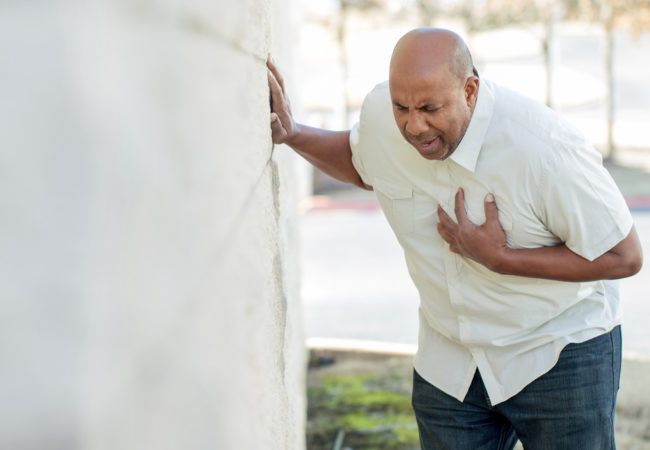
Recently India has witnessed a tragic moment on the loss of its veteran actress Shridevi on the midnight of 24th February from a cardiac arrest. Many few people know about the details of the disease, that?s the thing with the sudden deaths: they are least expected and more tragic. Many times people may get confused in between heart attack and cardiac arrest, though both are the same diseases of heart but differs in many ways. So here are some of the differences in between heart attack and cardiac arrest:
People often use the terms interchangeably, but they are not synonyms. Heart attack in a ?circulation? problem and cardiac arrest is an ?electrical? problem.
What is Cardiac Arrest?

Cardiac arrest occurs suddenly and maximum times without warning. It is caused due to an electrical malfunction in the heart that causes an irregular heartbeat. With the breakage into the pumping actions, the heart is not able to pump blood to the brain, lungs and other organs of the body. After some time, the person loses consciousness and has no pulse. Death can occur within minutes if the victim does not receive any medical attention.
What is a heart attack?

A heart attack happens when blood supply gets cut off from the flow following clot in one of the coronary arteries causing chest pain, although symptoms can be less severe, and can permanently damage the heart. But in this the heart never stops working it still sends blood to the body and the person will be conscious and breathing. A person having a heart attack has a high risk of getting a cardiac arrest easily.
What is the link in between both?
Somewhere these two distinct heart conditions are linked. Sudden cardiac arrest can occur after a heart attack, or during recovery from the heart attack. Not every time heart attack leads to sudden cardiac arrest. But when sudden cardiac arrest occurs, heart attack is a major and common cause. Many other reasons can also disrupt the heart?s rhythm and lead to cardiac arrest. These include a thickened heart muscle, heart failure, arrhythmias, particularly ventricular fibrillation.

What to do when having any of these heart conditions?
Heart attack: One can chew or swallow an aspirin unless you are allergic to it and also you can give CPR to the patient if he/she is unconscious
Cardiac Arrest: VF (ventricular Fibrillation) can sometimes be corrected by giving an electric shock through the chest wall. This can be done by a member of the public (using a public access defibrillator), the emergency services or at hospital. Immediate CPR will keep oxygen circulating around the body until a defibrillator can be used and/or until the emergency services arrive.